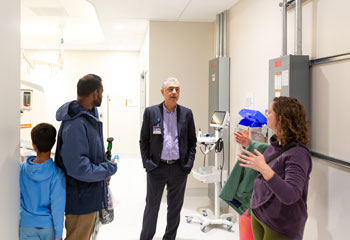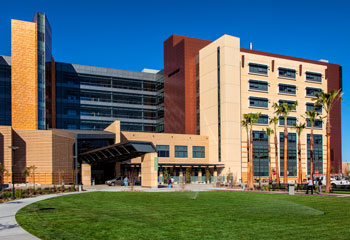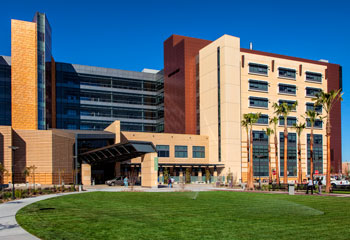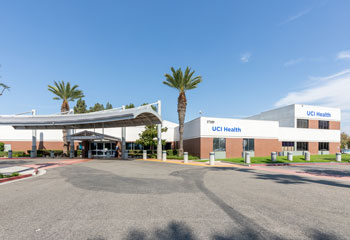News
Stay informed with the latest news from UCI Health. From groundbreaking medical advancements to community partnerships and achievements, our newsroom keeps you updated on how we’re transforming healthcare.
Want to learn more about UCI Health? Explore our Live Well blog and our Live Well magazine or listen to the Live Well podcast for expert insights, health tips and stories that inspire.
Media Relations
Local and national news media who wish to learn more about the medical education, cutting edge research and advances in patient care taking place at UCI Health can contact members of our media relations staff.
They can help you locate the right spokesperson for a story; facilitate your request to visit any of our healthcare facilities; and answer any questions you might have about our programs and services. Photos and video are also available upon request.
Please visit our Media Relations page to learn more.













